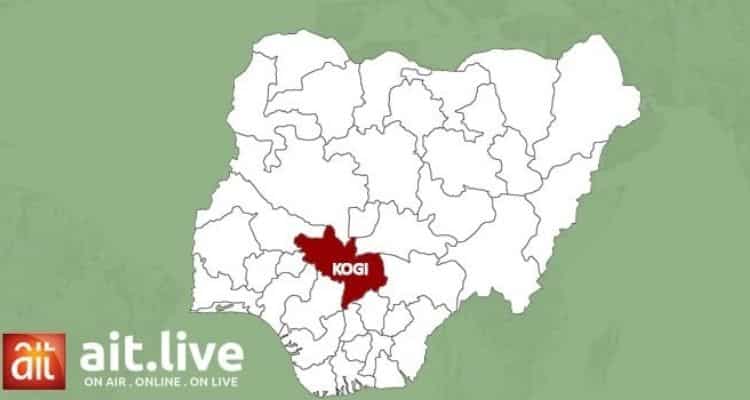Persons displaced by the deadly flood in Kogi State, North-Central Nigeria are facing the threat of hunger, malnutrition and starvation as the reality of living as internally displaced persons dawns on them.
Thousands sacked from their homes have been taking shelter in public primary schools and other places converted for use as camp
AIT.live visited some of the camps in the state where the situation may be worse as authorities appear overwhelmed.
For most of the displaced persons, their livelihoods are gone. Men, women and children, who once lived in their own homes, but are now clustered in makeshift camps after being sacked by the flood
Some of the adults here are farmers and fishermen, who now depend on handouts to feed themselves and their families.
On this small portion of dry land along the River Niger is a new community of displaced persons from different impacted communities in Kogi State. Here, these makeshift huts provide shelter, but little protection from other threats of dangerous animals such as snakes. Each night comes with anxiety and their only prayer is for the sun to rise quickly. The misery soon gives way to anger and frustration.
Also read: Court stops Kogi Govt from shutting down Dangote Cement, others
There are little or no sanitary provisions here. Access to clean water is scarce. The unhygienic conditions is indeed a recipe for disease outbreak
At the Gadumo Primary School, the IDPs say they have been starving since relief materials and food items provided by the the Kogi State Government got exhausted some weeks ago.
In this camp, there are 58 households and at a particular instance, only 59 cartons of noodles came to them with some mattresses, which are grossly inadequate for the number of people there.
Despite the insufficient food supply to most of the camps, the little that comes in is still allegedly being diverted. The official accused of diverting the supplies could not be reached at the time of filing this report.
Obviously, a more coordinated relief effort and external support are needed as the Kogi State Government appears unable to handle what is already a humanitarian crisis.
(Editor: Terverr Tyav)








